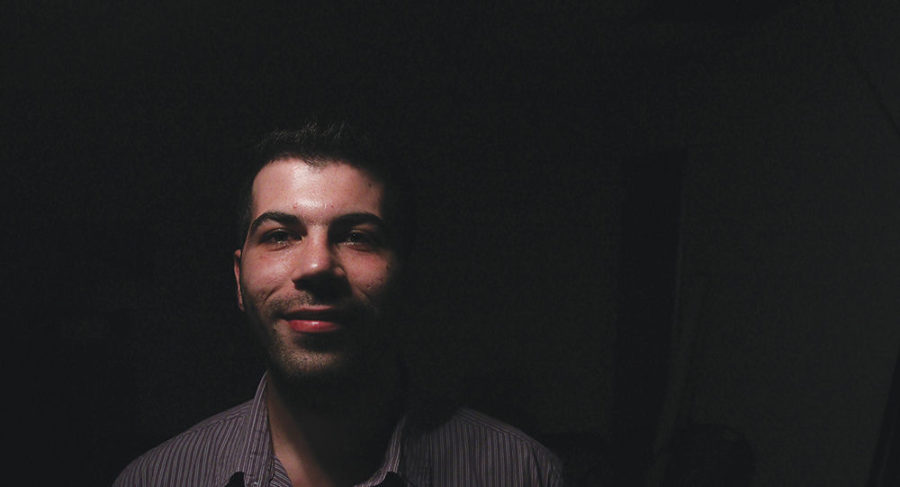Syrians speak out against anti-refugee rhetoric
November 19, 2015
By Marjorie Kirk
Governor-Elect Matt Bevin joined a majority of U.S. governors who support barring Syrian refugees from entering their states on Monday, amid concern that some of the refugees would be Islamic terrorists.
Nashwan Jabbour, a volunteer in the research lab in the UK Medical Center, said he was saddened to hear about the Paris attacks and that people had come to associate the assailants with his home country of Syria.
Jabbour had finished medical school when he left his family in Latakia, Syria, to start a new life in America. He worked lower-level jobs, and retook many of his classes and exams to be able to work at UK. Jabbour is now studying to take his board exams.
“I didn’t want to leave Syria at all, my life was very good. I graduated from medical school there so it was very hard for me to make the decision to come here and start from zero,” Jabbour said. “It wasn’t my decision — it was the war’s decision. It displaced my home, I left my father, mother, friends, my whole community. I was so scared — anybody in Syria, not just me, can be killed any second if you go out of your home.”
There are more than 4 million Syrian refugees, not including the 7.6 million internally displaced people, who are trying to flee their war-torn country, which has been invaded by ISIS.
For 25 years, Kentucky Refugee Ministries has helped refugees from countries like the Democratic Republic of Congo and Syria escape persecution by finding them housing, connecting them with jobs, getting them set up with state programs like SNAP and KTAP, and helping them with doctor’s appointments.
“The governors of states or state governments are not actually part of the resettlement process,” KRM Community Relations Coordinator Anne Marie Grisanti said. “Refugees when they are admitted to the U.S. are automatically on track for permanent residency and citizenship seeing as they fled their home country and they don’t have a country to go home to.”
Arabic and Islamic studies, international studies and French sophomore Nadia Almasalkhi’s parents emigrated from Syria in 1989, and she has volunteered and worked for KRM since 2012, along the way working with refugees from Syria, the Democratic Republic of Congo, Bhutan, Nepal, Iraq and Burma.
“The governors all saying that they want to bar Syrian refugees from entering the state or living in the states — all that does is show their xenophobia, racism and lack of human compassion,” Almasalkhi said. “It doesn’t actually affect whether or not refugees will arrive here.”
Many Americans fear that terrorists and criminals can sneak into the country through immigration and refugee resettlement.
According to The Economist, of the 745,000 refugees resettled since Sept. 11, 2001, two Iraqis in Kentucky have been arrested on terrorist charges but these charges were not for domestic terrorism.
“There have been thousands and thousands of arrivals just in Kentucky in the last couple of years and after working with them, after getting to know them, I can honestly say they’ve only contributed and helped our communities,” Almasalkhi said.
































































































































































